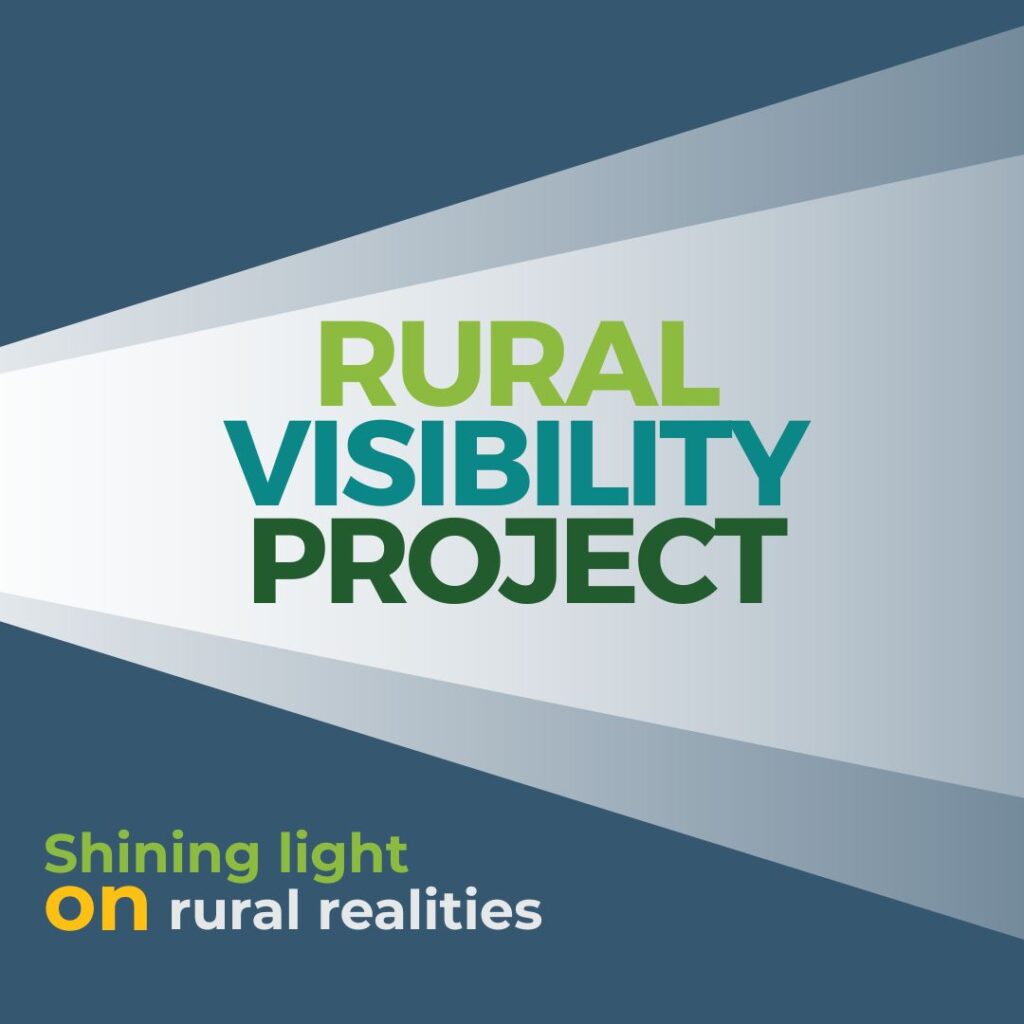
The Rural Visibility Project is a policy advocacy campaign designed to center rural priorities through community-driven dialogue between local, state, and regional entities.
This organizing strategy, powered by rural people and structured around monthly themes, shifts public attention to the realities, concerns, and possibilities that matter in the places we call home.
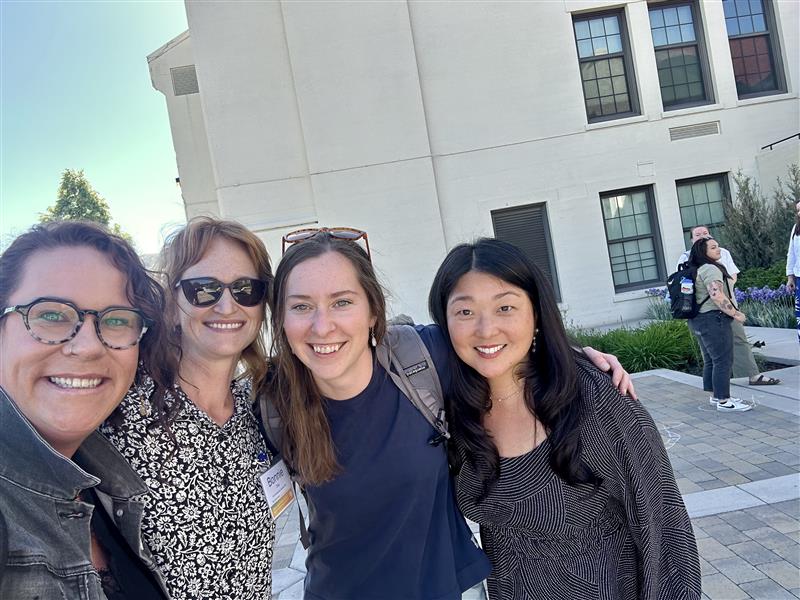
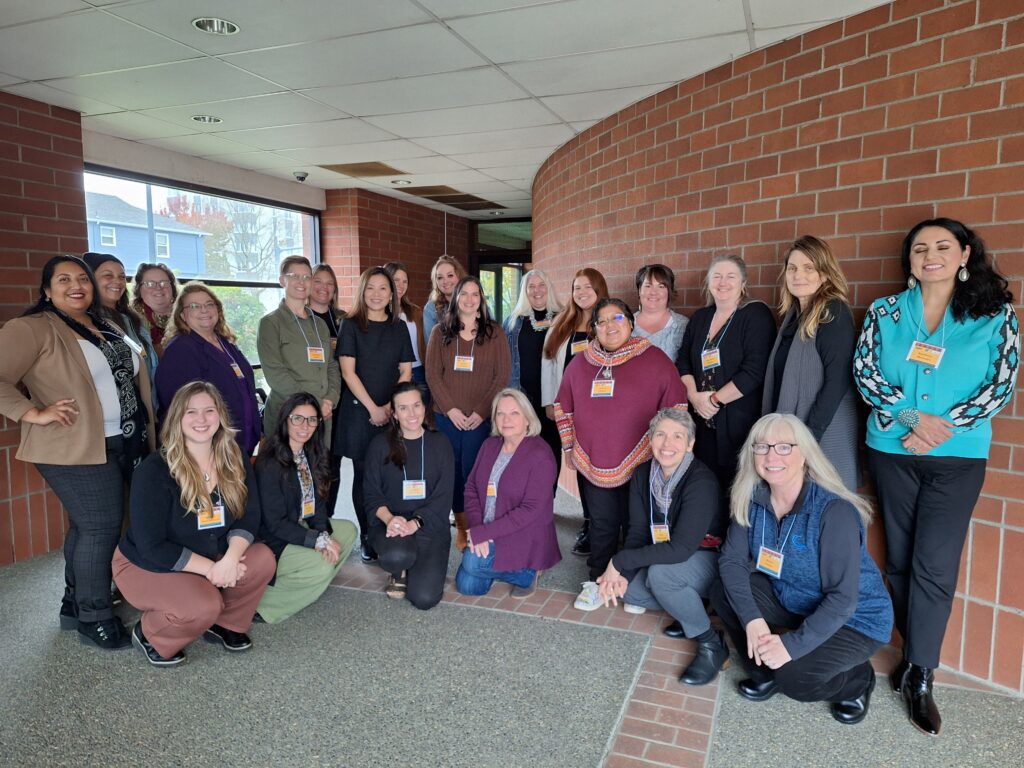
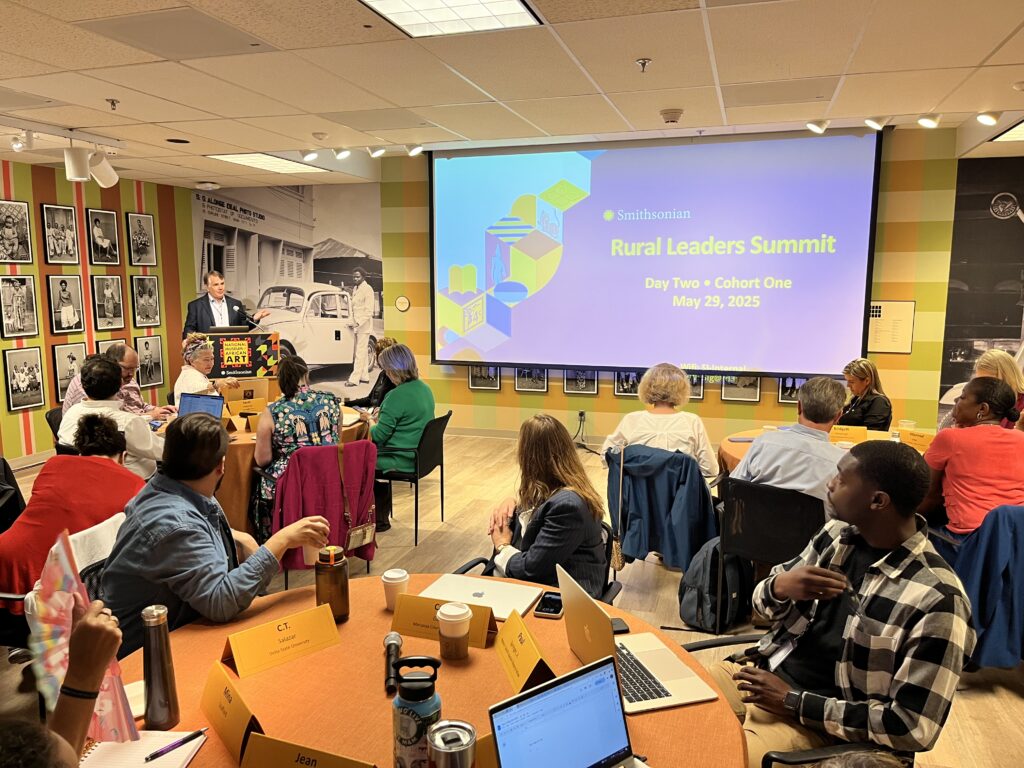
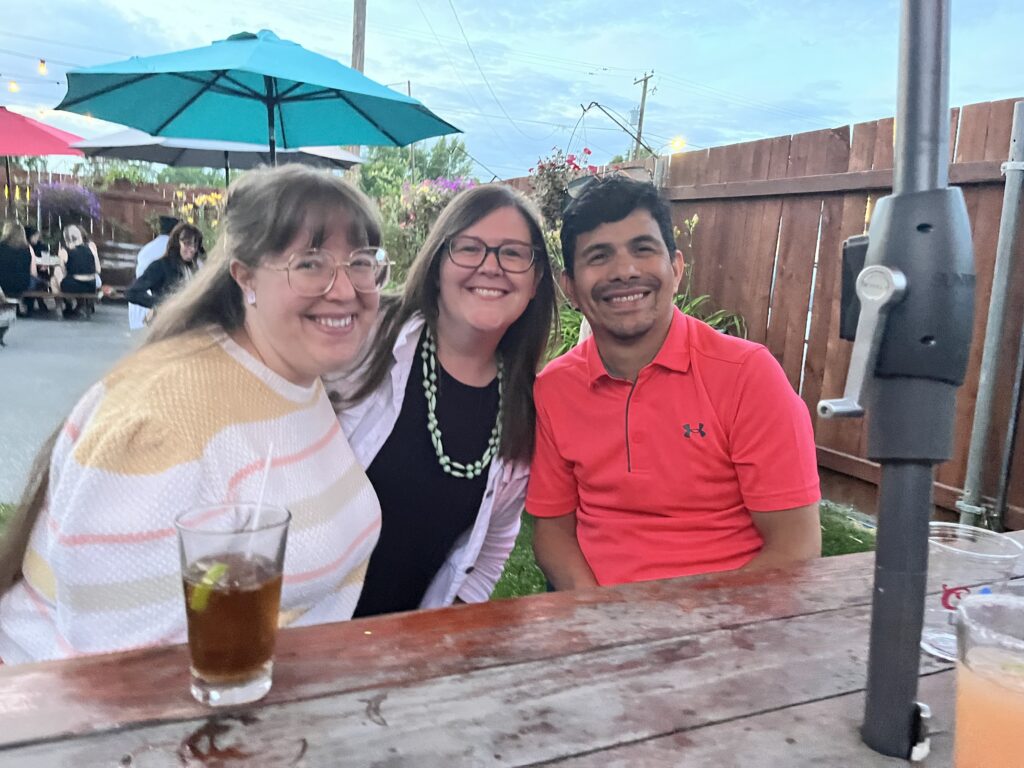
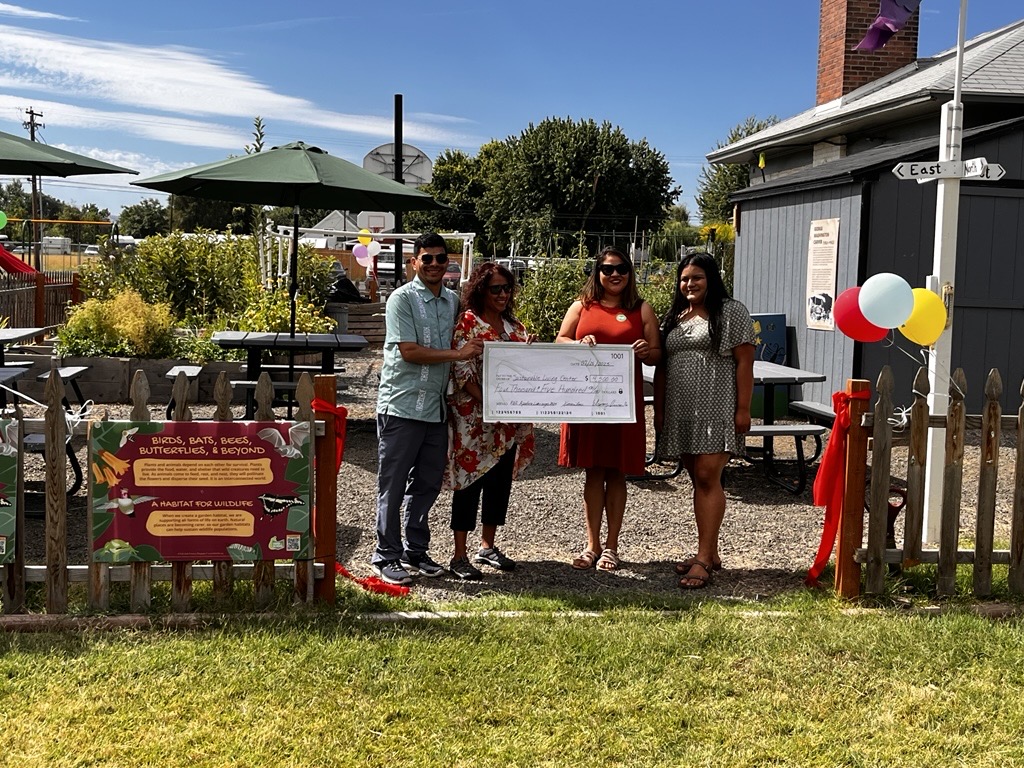
How YOU Can Participate in the Rural Visibility Project
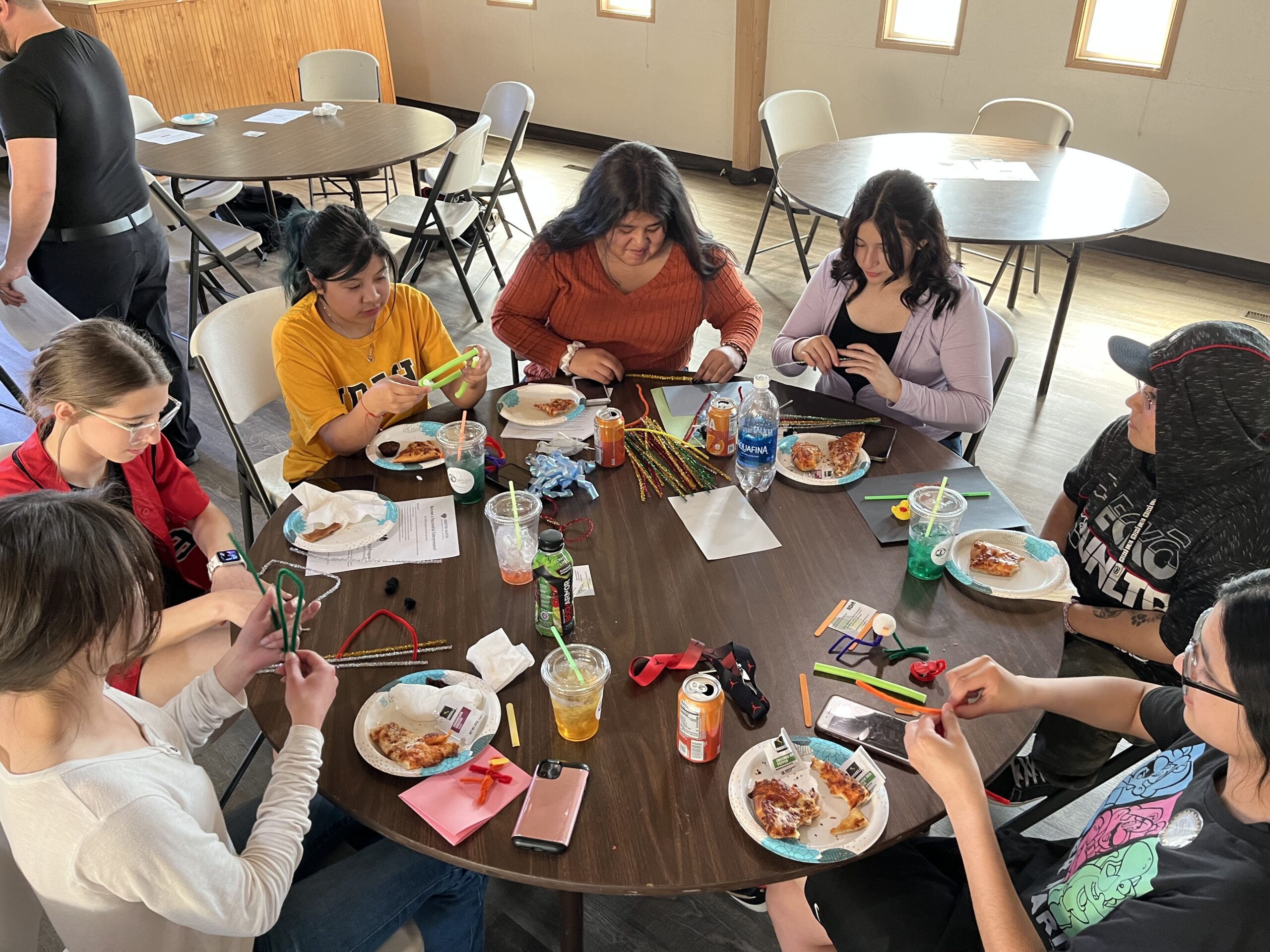
Issue Leaders: Issue Leaders are individuals and representatives of organizations that have knowledge and expertise on a monthly topic. They will:
- Co-host the culminating virtual conversation event (including design and implementation)
- Decide what topics and focuses we will highlight
- Help identify what key questions or needs exist
- Provide data and share information on key events related to the monthly topic
- Showcase success stories and discuss solutions that have worked and failed
- Support RDI in identifying and engaging local storytellers, key players, and policy makers
- Lead information sharing on social media – posting 2 times a week on the monthly topic
- Co-host the culminating virtual conversation event (including design and implementation)
Rural Champions: A rural champion is anyone who lives, serves, or supports rural areas and is interested in learning more about a specific monthly topic while helping spread related information online to others in their network. They also have opportunities to engage with others who care about the same topics throughout the year. Rural Champions are highly encouraged to attend informational sessions for their topic month of choice: these virtual sessions will be scheduled three weeks prior to the start of each month.
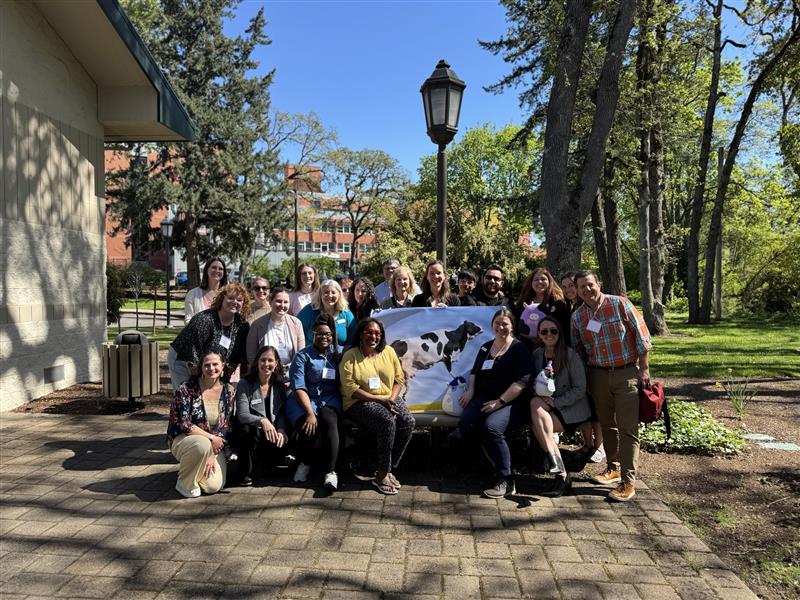
Monthly Themes and Timelines
Starting in 2026 (with a soft launch in October of 2025), RDI will host 5 priority issue months, with 7 months focused on smaller (yet still influential) topics related to rural ecosystems. Minis are highlighted in blue, while main months are bolded.
We hope that focusing on fewer topics, we can work more intentionally towards creating and supporting rural inclusive legislation for 2026 and the long sessions in 2027 and 2029. This campaign is a long game; we are revving up to create waves. We hope you will join us in moving rurally inclusive policy forward in the next four years.
Months at a Glance
January – Mini: RVP Primer
February – Small Business and Downtowns
March – Mini: Rural Development Hubs
April – RVP Live at Regards to Rural (RDI’s Biennial Conference)
May – Local Capacity for Local Priorities
June – Mini: Rural Appreciation/Community Festivals and Celebrations
July – Building Rural Sector Economies
August – Mini: Rural Nonprofits (Tentative)
September – Childcare and Early Learning (Tentative)
October – Mini: Resiliency (Tentative)
November – Healthcare Access and Affordability
December – Mini: Tribal and Rural Investment